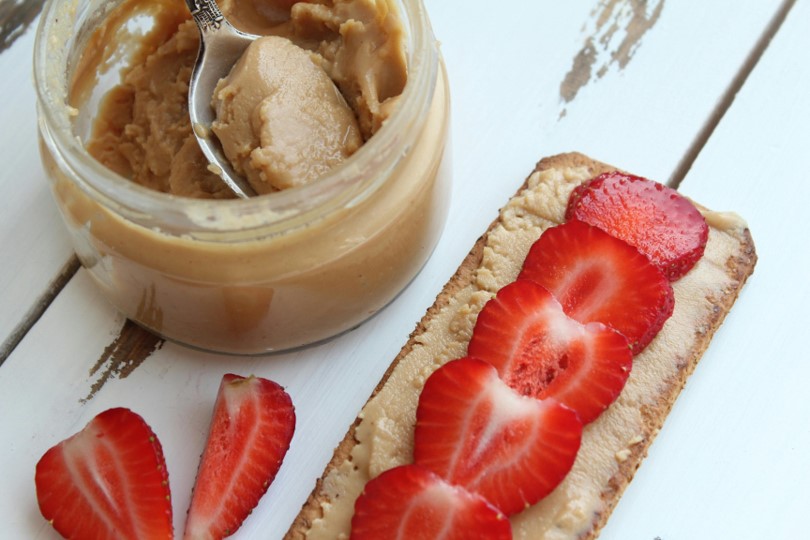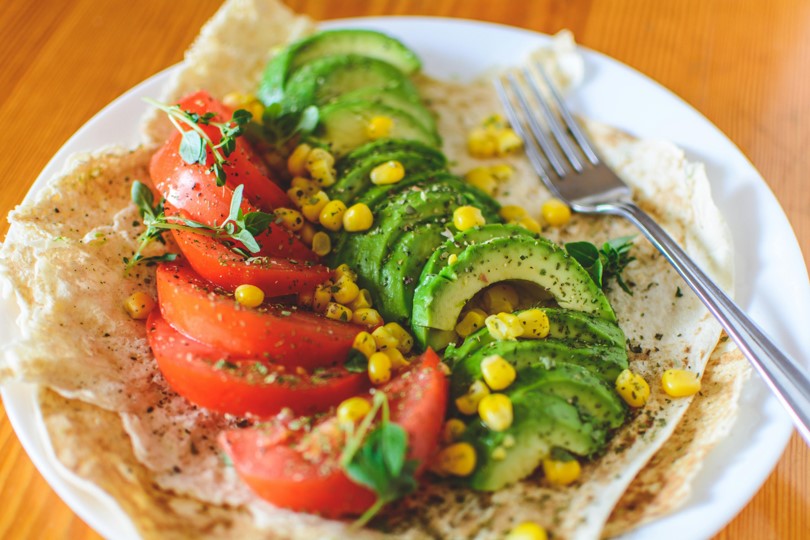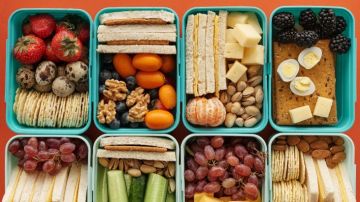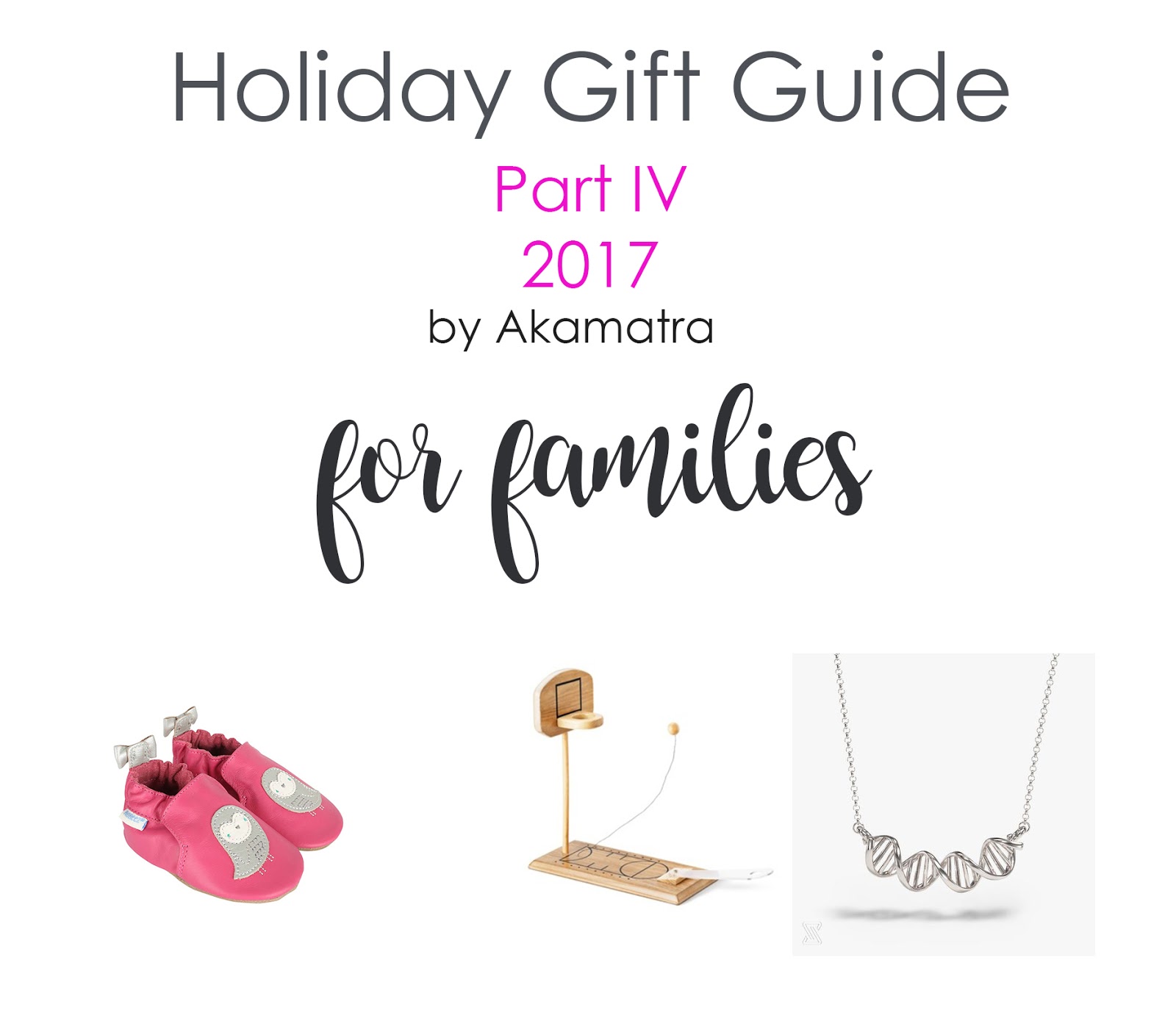When I was a student I didn't have time to cook every day so I was mostly eating snacks throughout the day which was fine. The brain needs nutrients to keep our focus sharp, and the body needs them to get energy for more productive work or study.
The only problem:
Not all snacks are made equal. Let's be honest: Most people, especially youngsters in schools or colleges, prefer processed and high-sugar options like candy bars, cookies, or potato chips. Surprise-surprise, they bring diverse effects: lower energy, poorer academic performance, and severe health problems in the long run.
Instead of having the power to handle long study sessions and after-school programs, students experience fatigue, stress, and exhaustion. They hire a pro essay writer and delegate writing assignments; they give up sports activities; they risk their health when relying on poor eating habits.
Why not focus on healthy snacks instead?

It's a myth that you can't handle a healthy diet with limited budgets, jam-packed study schedules, and a lack of cooking space. Many healthy snacks are affordable for students. Below, you'll see a list of healthy snack ideas and hacks that will allow you to fuel your brain without breaking the bank.
Healthy Snack Ideas for Students and Everyone On the Go
- Yogurts (low-fat, moderate in sugar, and high in calcium)
- Fruits (fresh, dry, frozen, salads, smoothies)
- Cheese sticks
- Hummus
- Vegetables (veggie pockets, salads, soy, dips)
- Whole-grain crackers with guacamole
- Healthy grains (whole-wheat muffins, rice cakes, popcorn, whole-grain crackers, cereals, granola)
All these are non-cook (or fast to prepare), quick, portable, and often available on campus. You can mix them to balance macronutrients (carbohydrates, protein, and fats) and make them meet your daily nutritional needs. For example, you can snack with carrots and hummus, mix cheese sticks and apple slices, and eat yogurt with berries and granola, you name it! Get creative and think of different product combinations for variety and tasty snacks.
Why those three macronutrients?
- Carbohydrates give fiber.
- Fats serve for heart health and blood sugar stabilization.
- Protein gives us energy and keeps us full to avoid overeating.
How to Eat Healthy Snacks When on a Budget
Affordability is among students' top considerations when choosing products and snacks to eat. For them, it stands to reason that potato chips are cheaper than yogurt with granola, so the choice is obvious. Or, it's more convenient to eat a candy bar on the go than cook and then find the time to eat a veggie salad or crackers with guacamole.
Guess what?
With some planning and research, healthy snacks become more budget-friendly and less frustrating.
Here are your hacks to try.

1. Make grocery lists
Plan your shopping for better snacking decisions. Make a list of products you'll buy when in a shop to resist the temptation of adding extra items to your cart. With no list in your pocket, you risk making impulse purchases (chocolate bars, chips, cookies), thus increasing your grocery bill.
2. Choose in-season fruits and vegetables
They are less expensive because of abundance, lower transportation and storage costs, and require less support for growth. In other words, focus on apples and bananas, not mangoes, pineapples, or strawberries in winter.
You can visit green markets and local farmers' websites to see what's in season and worth trying right now.
3. Check for discounts
Use the grocery store's weekly circular to see what's on sale. Many stores will give you discounts if you show them a student ID, so take advantage of it.
4. Don't go for brands
Name-brand shacks are often more expensive than their "nameless" versions of the same quality, taste, and ingredients. Read the nutrition labels on the back of the packaging (compare those of name-brand and store-brand), and you'll get the point.

5. Schedule time for cooking
The lazy man pays twice. Chasing convenience and buying single-serve snacks, you'll spend more money as a result. Make healthy snacks at home:
Save time for cooking in your busy schedule. Write it down in your planner — and you'll see that you do have time to do that.
In a Word
Healthy snacking can be yummy and affordable, even if you're a college student living on a budget. Prioritize your nutrition during academic years: Take a list of healthy snack ideas, resist the temptation of chasing convenience and brands, and add time for cooking to your schedule. A well-balanced diet will fuel your brain, and your body will thank you with higher energy and better health.
















